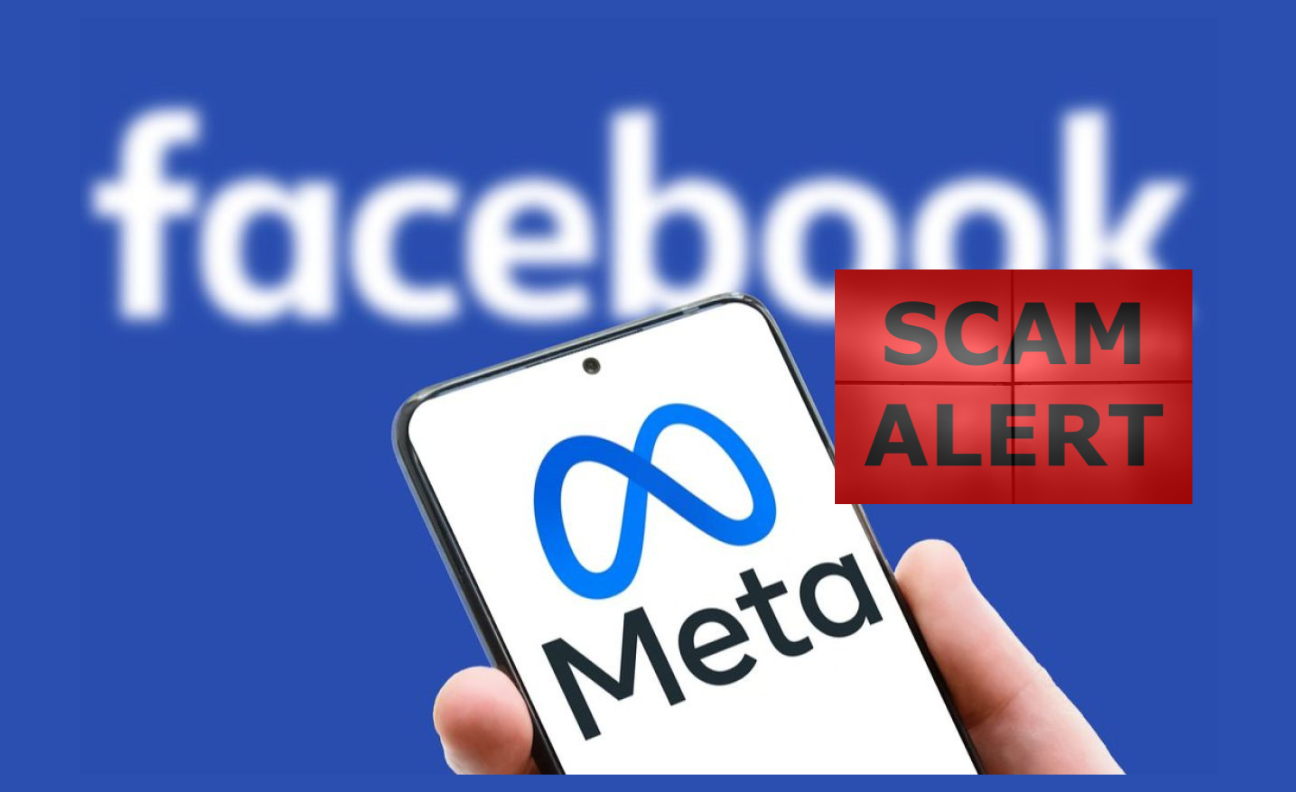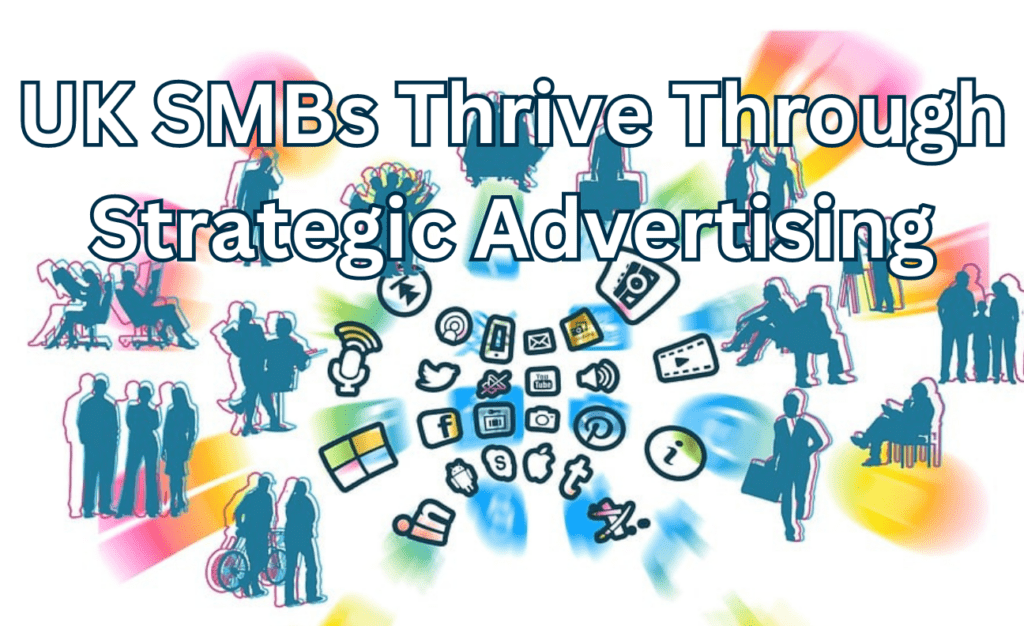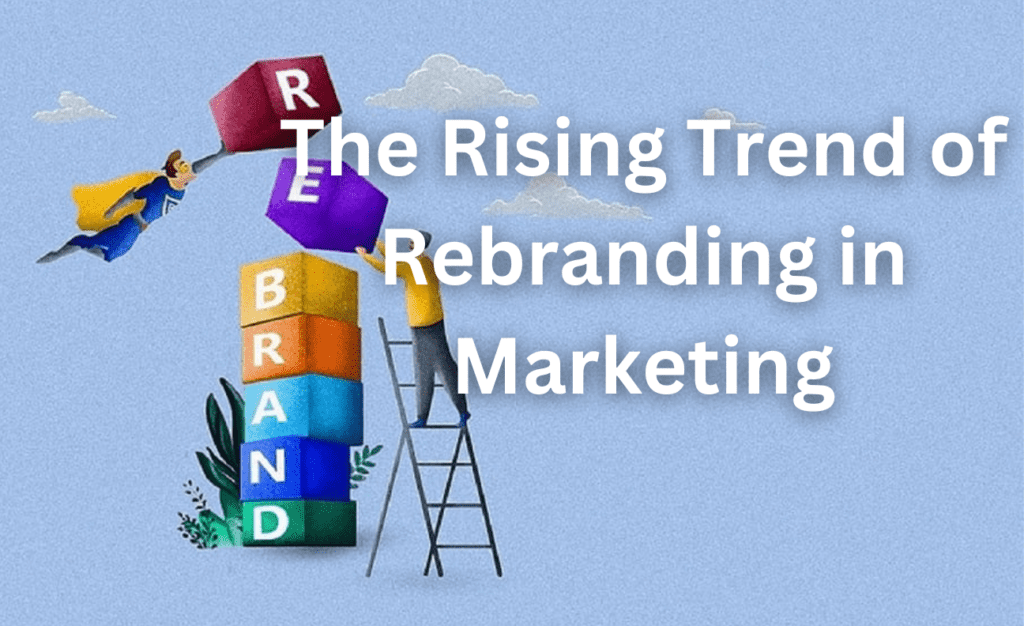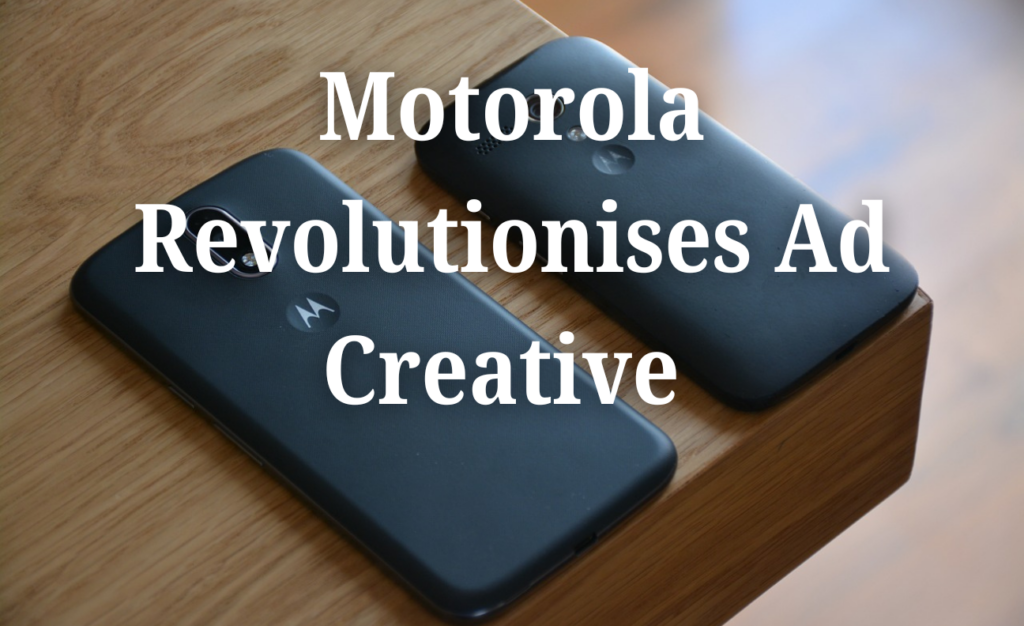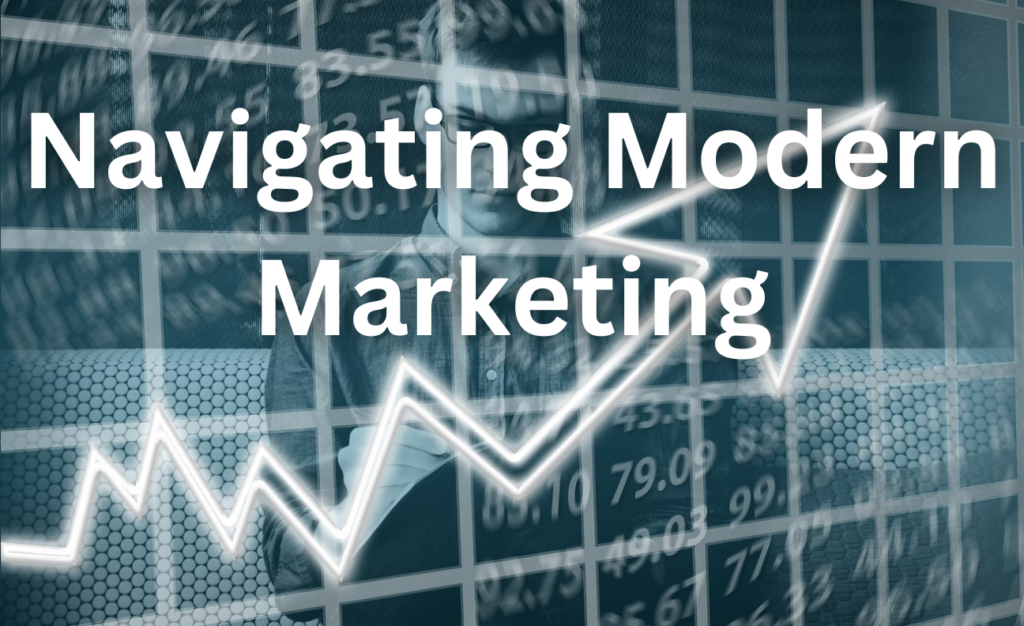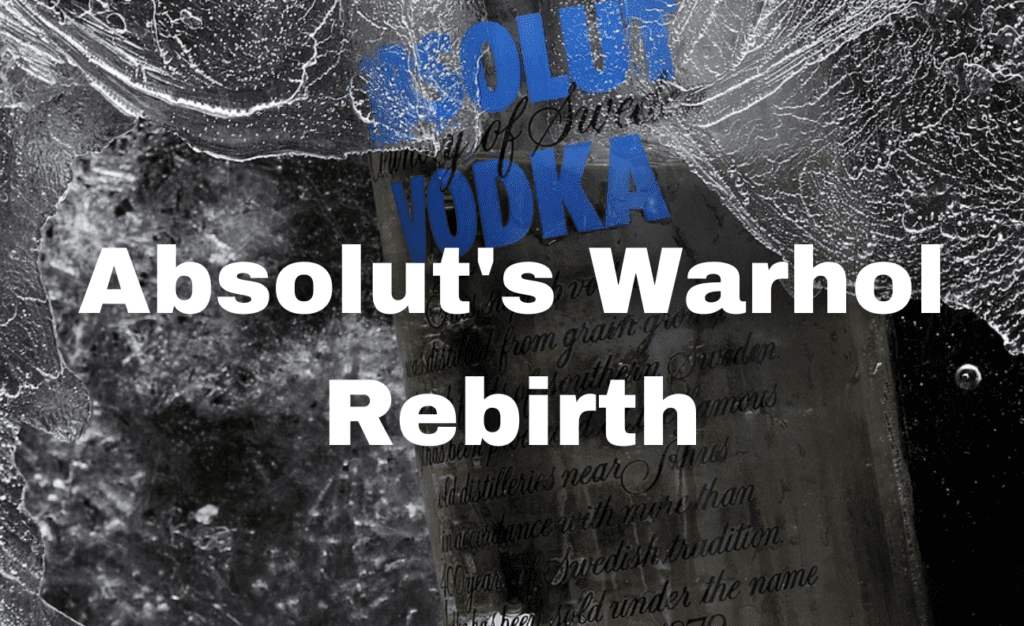The fake ads on Facebook, which use endorsements from Australian TV personalities, have been criticised by major broadcasters Seven, Nine, and Ten. The Australian broadcasting industry group has accused Meta, the parent company of Facebook, of mishandling these ads, which they allege are causing significant harm to consumers.
The purpose of this blog post is to provide a closer look at the problem of scam ads that use the images of well-known Australian TV personalities.
BBC News – Australia sues Facebook over scam ads impersonating celebritieshttps://t.co/9aY6fSKA2j
— datacontroversies@UoE (@datacontrovers1) March 18, 2022
What have Australian Broadcasters been reporting?
Broadcasting networks in Australia are concerned about the increasing number of fraudulent advertisements on Facebook. These ads often feature their personalities and also include fake news and scam apps related to cryptocurrency, with these misleading ads appearing across Facebook’s advertising feeds.
It has been reported that some advertisements use fake endorsements from well-known reporters and presenters. For instance, an app was promoted by Nine News correspondent, Georgie Gardner, in an ad, but the app was later revealed to be a fraudulent scheme.
A fake account impersonating Allison Langdon, the former host of The Today Show, ran a contest that asked for winners’ bank details. After fans brought the scam to her attention, Langdon publicly denounced it.
Fraudulent advertisements, featuring Sunrise host David Koch and Today host Karl Stefanovic, were found to be circulating on Facebook promoting scam cryptocurrencies, with these ads often containing comments from other users who claimed to have been victimised by them.
Lastly, the group has reported that scammers are tricking users by creating bogus Facebook pages using the Seven brand name. These scammers then post comments on Seven’s Facebook posts that falsely declare the user as a prize winner.
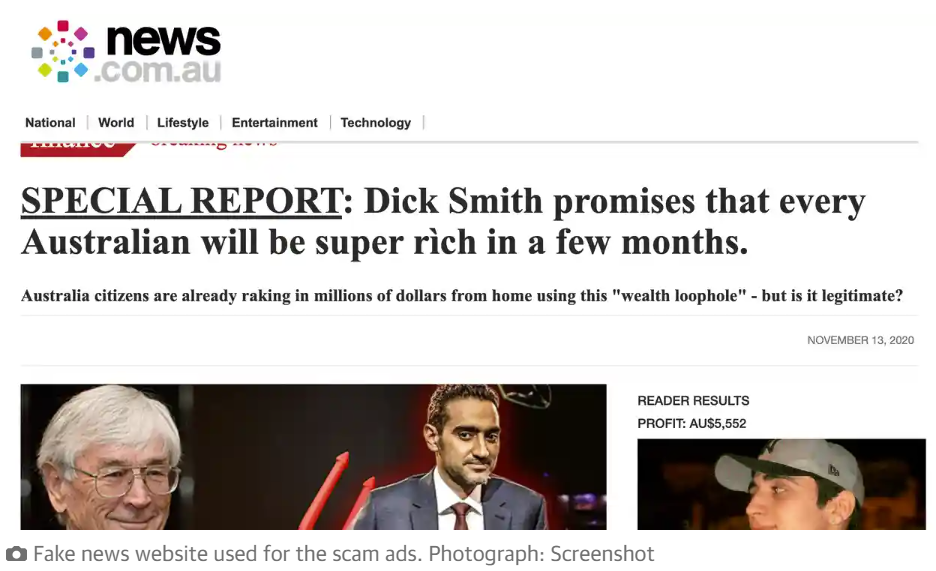
What has been done in response to these claims?
In March 2022, the Australian Competition and Consumer Commission (ACCC) filed a case in the federal court against Meta. The accusation is that they assisted celebrity scam ads that resulted in Australians losing hundreds of thousands of dollars.
According to the ACCC, losses resulting from scam ads on social networks have almost doubled from $49m in 2020 to $92m in 2021. However, it is possible that the actual figures are higher as many victims do not report these losses to Scamwatch.
Unfortunately, the case has not yet been heard, and Free TV Australia impatiently claims that Meta’s take down procedures are still insufficient, even after the regulator’s intervention.
Has Meta Handled these claims well?
In response to these allegations, Meta’s spokesperson mentioned that online scammers are a widespread issue, not only affecting social media platforms but all online platforms. The company stated that they are dedicated to protecting their services from fake accounts and inauthentic behaviour, and they invest substantial resources and technology solutions towards maintaining the integrity of their services.
The Australian broadcasting industry group still openly criticised Meta again for its handling of scam advertisements. They believe that Facebook’s response time is still heavily insufficient and that it endangers the reputations of the broadcasters.
It was clarified that fake advertisements continuously reappear again quickly after they have been removed, and the inadequate methods of removing content harm the reputation of both broadcasting companies and individuals in the media industry, who are coincidently being portrayed inaccurately.
Conclusion
The concerns of the Australian broadcasting industry group, regarding scam ads that use famous TV personalities, highlight the complex relationship between social media platforms and traditional media firms.
It is clear that social media companies must take a more proactive approach to monitoring ads and vetting clients to combat the rise of advanced fraudulent advertising content.
The harm to the broadcasters’ reputation is considerable, and it’s crucial not to overlook the dangers to consumer safety either. If Facebook and other social media platforms do not take steps to regain consumer trust in digital advertising, they may find themselves facing further regulatory measures.

